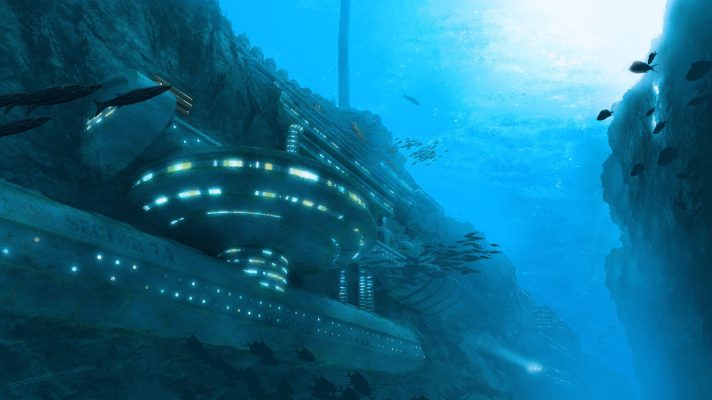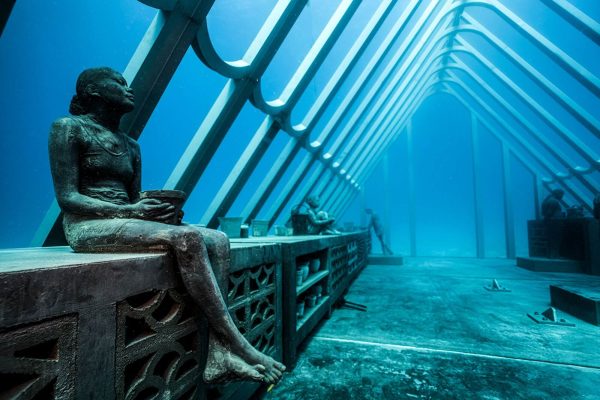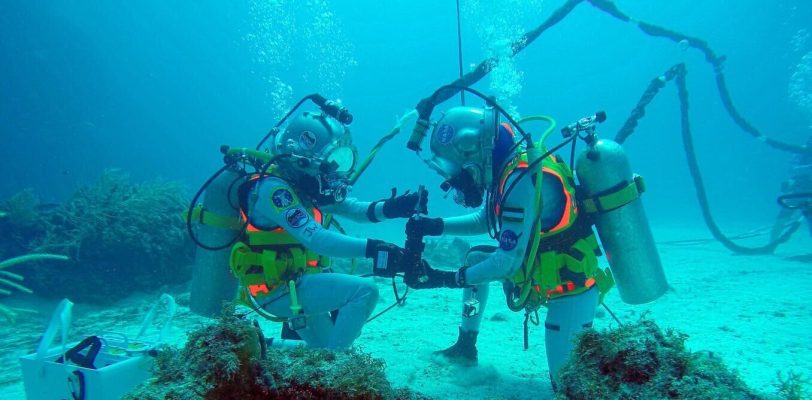Can Humanity Live Underwater?
Humanity’s quest to find an oceanic paradise is a long and winding road. While there are plenty of people in the world who would love to live underwater, many scientists believe that it is simply not possible.
The main reasons for this are the sheer difficulty of obtaining water for drinking and cooking, the risk of sustaining an environment that is not suitable for life, and the fact that there is no safe place for underwater living.
Fortunately, this is not the end of the story, as there are several scientific and technological developments that may make underwater colonization a possibility in the near future.
The Possibility of Underwater Colonization
Underwater colonization, as opposed to space colonization, is a theory that a small number of humans may be able to live in the sea for an extended period of time.
Such an idea is of interest to marine biologists, as it allows them to learn more about the life and evolution of our planet.
The concept of ocean colonization has been studied by researchers from a variety of fields. Some suggest it is a simpler and cheaper alternative to space colonization. However, critics also question its security and legal issues.

Architects and engineers have imagined what a fully underwater city would look like. They have envisioned huge hydropower stations, complete with tunnels and automated machines.
Similarly, they have envisioned a world-spanning network of submarines and freight submarines.
One of the main benefits of live underwater is the ability to interact with the rest of the world. It’s also safer than going into space.
Unlike space colonies, ocean colonists could enjoy fresh water, easy access to food and other necessary services. However, their initial roadblocks could include the need for time to adapt to the local environment.
In order to be successful, an ocean colony needs to be built in a location that is suitable for it. Scientists believe that there are plenty of resources on the ocean floor, and that these can be used to create a self-sufficient underwater community.
The Technical Feasibility of Underwater Living
The technical feasibility of human live underwater is a hot topic among futurists. The concept is not new. There are multiple underwater habitats that have been built and a few that have been abandoned. However, many theories are still unproven.
There are several important factors affecting the chances of us becoming an ocean citizen. The most important is our own behavior.
Those in charge of our oceans must take the initiative to protect them. They will need to make massive behavioral changes at the individual level.
Some ideas for this include building a giant skyscraper out in the ocean. It would have a number of benefits, such as recycling waste from the Great Pacific and providing thermal power.

For a more practical approach, some architects have created floating underwater skyscrapers. These structures, which look like inverted skyscrapers diving down, are made of a special resin. One such concept is the Gyre, designed by British Columbia-based Zigloo.
Another idea is the Ocean Spiral. This proposal from Japanese architecture firm Shimizu Corporation proposes a 500-meter sphere of underwater buildings that would house researchers and research facilities.
In addition to generating energy, the floater would also supply water. Water is collected from the seafloor via an 80 km long undersea pipeline.
Science of Underwater Living
For years, scientists have been trying to find out how to live in the ocean. The idea is rooted in a desire to learn more about the world beneath our feet.
There are many different theories and studies about how humans can live underwater. Some of them are just anecdotal, while others have been proven. Architects have imagined entire underwater cities. Others have envisioned deep-sea mining.
Scientists hope that living in the ocean could alleviate the problems associated with overpopulation. It may even be a way to protect the human race in the event of a global disaster.

Currently, there are only a few bunker-like habitats in operation. They provide a glimpse of the future. Architects have also imagined underwater power stations and hydropower stations.
There are still many hurdles to overcome before the science of underwater living becomes a reality. Among the challenges are a lack of funding and motivation. In addition, technology and environmental controls are necessary.
One of the first steps toward this goal is to find out how much of the ocean’s surface is actually inhabited by species. A 10-year, $1 billion project called the Census of Marine Life aims to count the number of species that exist in the oceans.
You can click here to access an experiment about life under water.
Do you want to read more guide contents?





